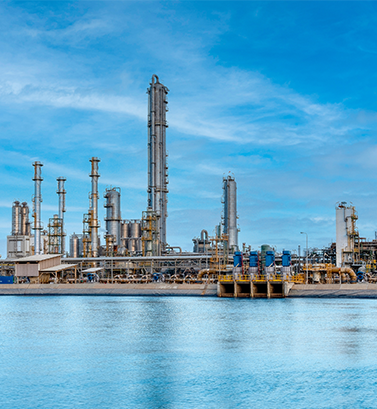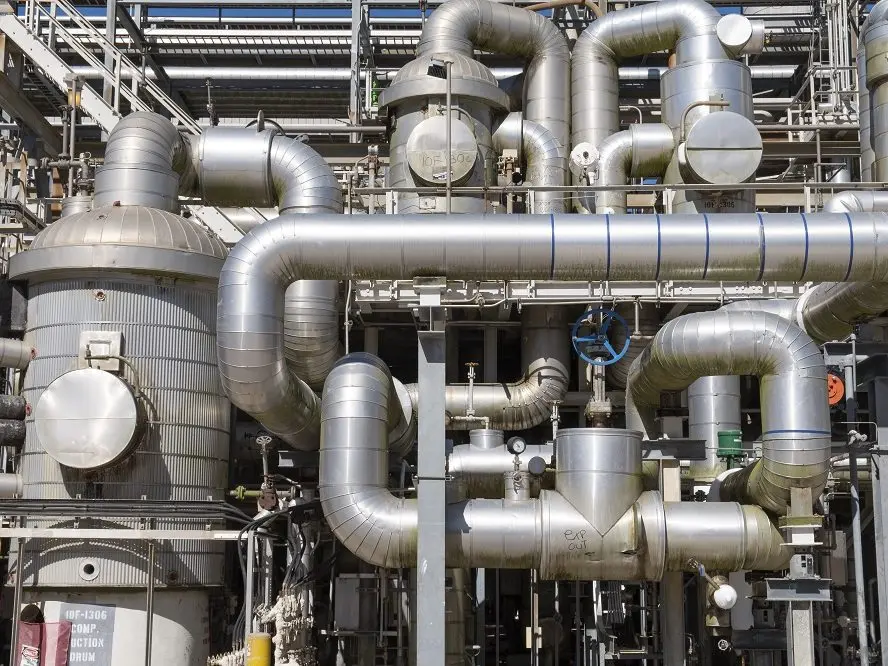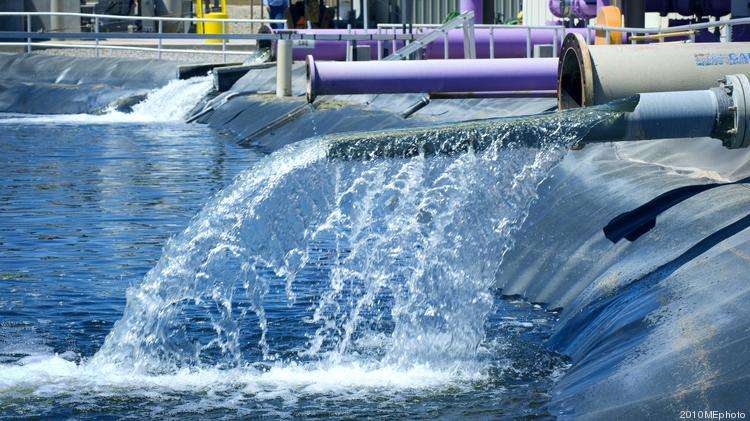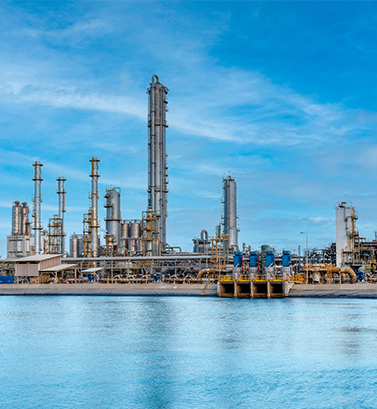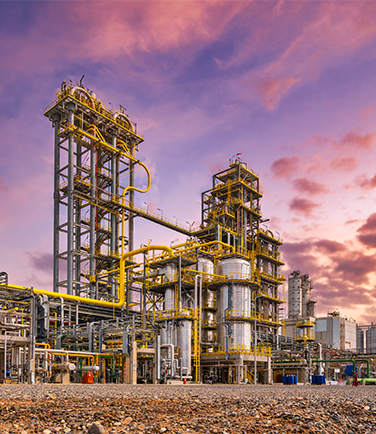The Critical Role of Modern Heat Exchanger Manufacturing
The field of heat exchanger manufacturing is foundational to countless industrial processes and technological advancements across a multitude of sectors, from power generation and chemical processing to HVAC and refrigeration. These sophisticated devices are engineered to facilitate efficient heat transfer between two or more fluids, playing a vital role in optimizing energy usage, controlling temperatures, and ensuring process safety. The precision and quality inherent in their production directly impact operational efficiency, system longevity, and overall cost-effectiveness for businesses. As industries continue to evolve and demand more specialized thermal management, the innovation and expertise in heat exchanger manufacturing become increasingly paramount, offering essential heat transfer solutions for complex challenges.
Tailoring Performance: The Rise of Custom Heat Exchangers
While standard heat exchanger models serve a broad range of applications, many industries require solutions specifically engineered to their unique operational parameters. This is where the expertise in designing custom heat exchangers comes to the forefront. The process of heat exchanger design for a bespoke unit involves a meticulous analysis of factors such as fluid types, flow rates, temperature differentials, pressure limitations, material compatibility, and spatial constraints. Engineers work closely with clients to understand their specific thermal management needs, translating these requirements into a tailored design that maximizes efficiency and integrates seamlessly into existing systems. This customized approach ensures optimal performance, energy savings, and can often lead to a more compact footprint compared to off-the-shelf alternatives, making custom heat exchangers a preferred choice for specialized applications.
Diverse Designs for Varied Needs: Exploring Tube and Shell Heat Exchangers
Among the various designs available, tube and shell heat exchangers are one of the most widely utilized types due to their versatility, robustness, and ability to handle a wide range of temperatures and pressures. In this configuration, one fluid flows through a bundle of tubes, while the other flows over the tubes within a sealed shell. The material selection for tubes and shells is critical and depends on the chemical properties of the fluids, operating temperatures, and pressure requirements. Beyond this common type, manufacturers produce a broad array of other designs, including plate heat exchangers, finned tube exchangers, and spiral heat exchangers, each offering distinct advantages for specific heat transfer solutions. The ongoing development in heat exchanger manufacturing focuses on improving efficiency, reducing fouling, and enhancing the durability of these crucial components across all designs.
Navigating the Market: Selecting Reliable Heat Exchanger Suppliers
Choosing the right partner from the many heat exchanger suppliers is a critical decision that can significantly influence the success of a project. Reputable suppliers not only offer a diverse portfolio of standard and custom heat exchangers but also provide comprehensive support, including expert consultation during the heat exchanger design phase, adherence to stringent quality control standards throughout the manufacturing process, and reliable after-sales service. Key considerations when evaluating suppliers include their engineering capabilities, manufacturing technology, material sourcing, industry certifications, and track record. A supplier with deep expertise in heat transfer solutions and a commitment to innovation can provide invaluable assistance in developing the most effective and economical thermal management system for any given application, ensuring longevity and optimal performance of the equipment. The ability to provide consistent quality in heat exchanger manufacturing is a hallmark of a trusted partner in the industry.

